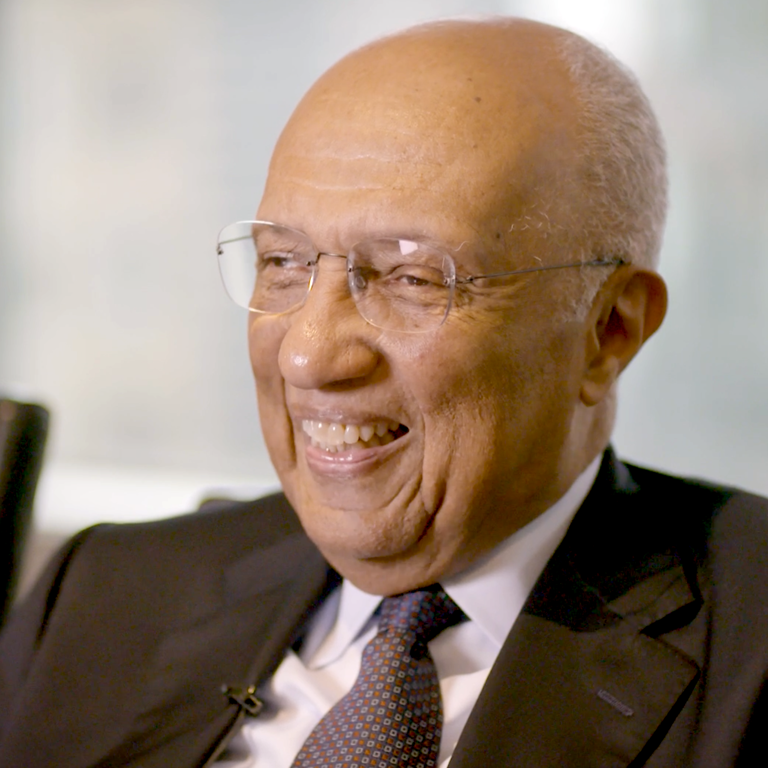William Turner Oral History
William Bennett Turner is a distinguished civil rights attorney and First Amendment scholar. Turner earned his law degree from Harvard Law School in 1963 and later received a Fulbright fellowship in comparative law. During the late 1960s and 1970s, he served as an attorney at the Legal Defense Fund, where in addition to school segregation and Title VII employment cases, he represented prisoners whose civil rights were violated, some by censorship and interference with their freedom of expression. His experiences in these cases led him to specialize in First Amendment law. In 1977, after leaving LDF, Turner taught at Harvard Law School. In 1978, he founded a law firm in San Francisco, often handling unusual cases that others could not afford to take. One notable case was KQED v. Vasquez, which challenged the exclusion of cameras from San Quentin prison during executions. While practicing, he taught at the University of California, Berkeley, for 34 years, influencing generations of students.
Highlighted excerpt:
William Turner discusses the origins and impact of the landmark prisoners' rights case Ruiz v. Estelle
Related Archival Items
Explore more oral histories
Previous
Conrad Harper Oral History







